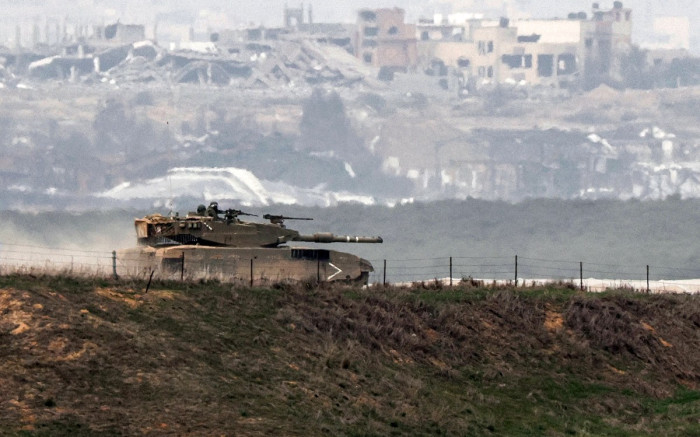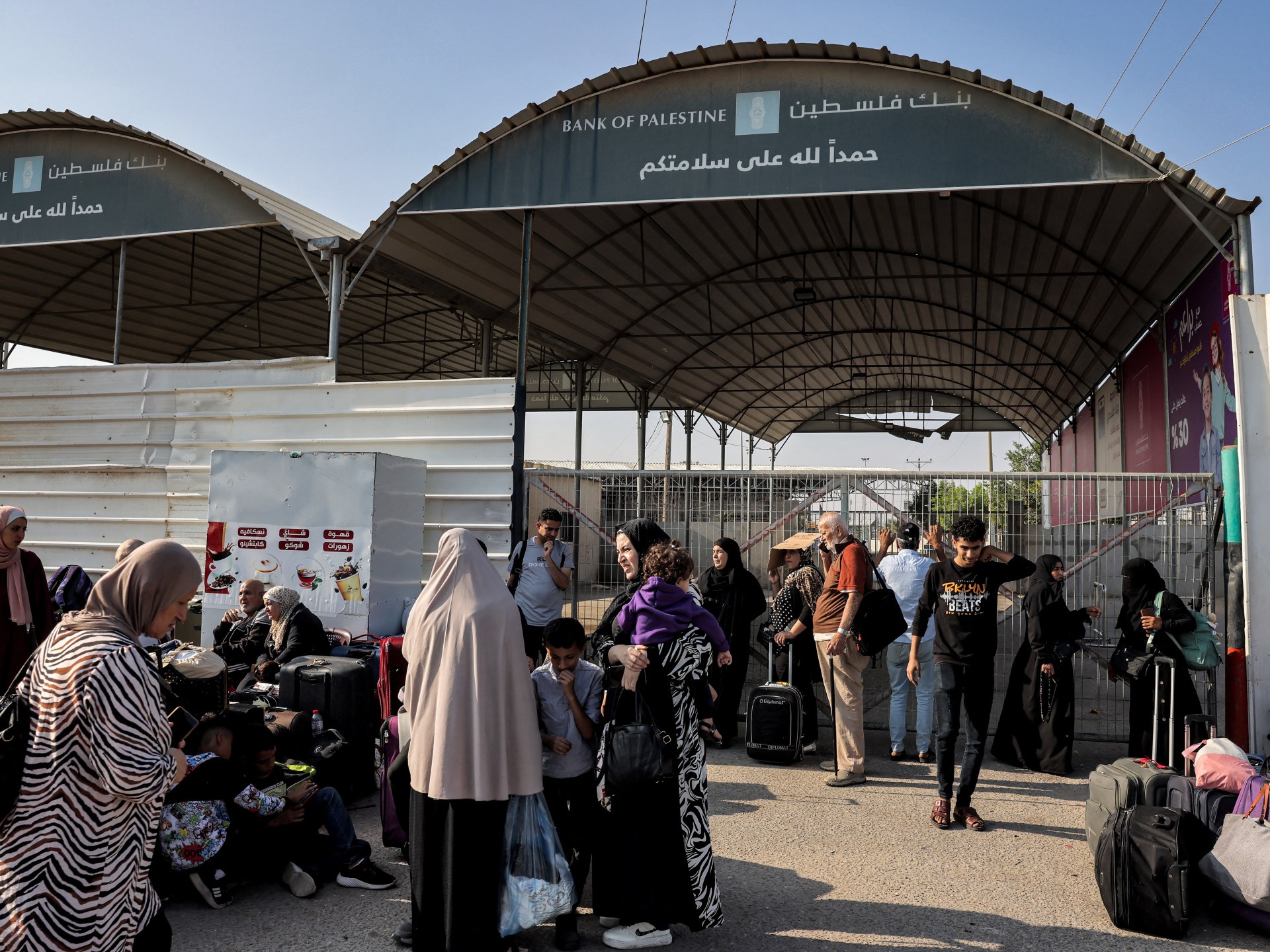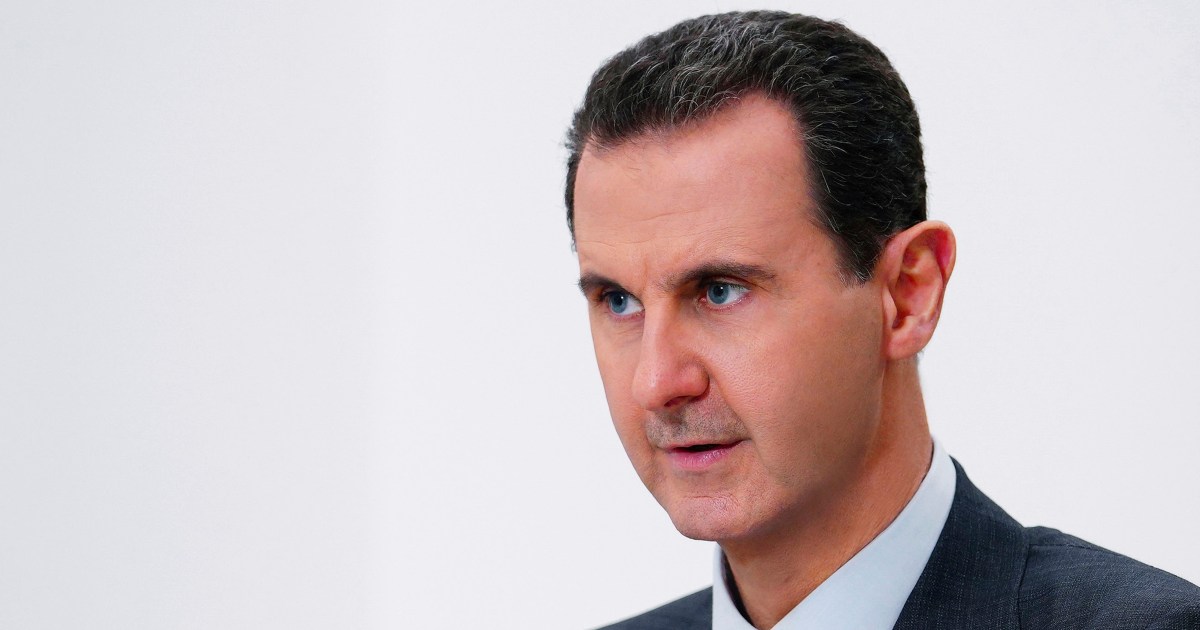
Israel bombed Gaza on Saturday as the United Nations warned that the Palestinian territory had become “uninhabitable” after three months of fighting that threatens to engulf the entire region.
An Israeli battle tank moves along the border with the Gaza Strip and southern Israel on December 2, 2023, amid ongoing fighting between Israel and Hamas. Image: AFP
JERUSALEM – Israel bombed Gaza on Saturday, as the United Nations warned that the Palestinian territory had become “uninhabitable” after three months of fighting that threatens to engulf the entire region.
AFP correspondents reported Israeli attacks early Saturday on the southern Gaza town of Rafah, where hundreds of thousands of people were seeking shelter from the fighting.
Civilians continue to bear the brunt of the conflict. The UN warns that the humanitarian crisis is worsening as famine threatens and disease spreads.
Abu Mohammed, 60, who fled to Rafah from the central Bureij refugee camp, told AFP that Gaza’s future was “dark and gloomy and very difficult.”
With much of the territory already reduced to rubble, UN humanitarian chief Martin Griffiths said on Friday that “Gaza has simply become uninhabitable.”
The United Nations Children’s Fund warned that clashes, malnutrition and a lack of health services in Gaza had created “a deadly cycle that threatens over 1.1 million children.”
Israeli forces continued to fight “in all parts of the Gaza Strip, in the north, in the center and in the south,” military spokesman Daniel Hagari said late Friday.
Hagari said Israeli forces were maintaining a “very high state of readiness” near the border with Lebanon after an attack in Beirut killed a senior Hamas commander.
Israel has not claimed responsibility for the attack, but a US defense official told AFP that Israel carried it out.
The war in Gaza was triggered by an unprecedented Hamas attack on Israel on October 7 that killed around 1,140 people, most of them civilians, according to an AFP tally based on official Israeli figures.
The militants also took around 250 hostages, of whom Israel said 132 remain captive, including at least 24 who are believed to have been killed.
In response, Israel launched a relentless bombardment and ground invasion that killed at least 22,600 people, most of them women and children, according to Gaza’s health ministry.
FIGHT ANGER
AFP correspondents reported on Friday that Israeli strikes hit the southern towns of Khan Yunis and Rafah, as well as parts of the central Gaza Strip.
The Israeli army said its forces had attacked “over 100 targets” across the Gaza Strip in the past 24 hours, including military positions, rocket launch sites and weapons depots.
The Ministry of Health in Hamas-controlled territory said it registered 162 deaths during the same period.
A warplane bombed the central area of Bureij overnight, killing “an armed terrorist cell,” the army said, following an attempted attack on an Israeli tank.
And a number of Palestinian militants were killed in clashes in Khan Yunis, a city that has become a key battlefield, the army said.
According to the army, troops also discovered tunnels under the Blue Beach Hotel in northern Gaza that were used “by terrorists as a refuge for planning and carrying out attacks.”
AFPTV footage on Friday showed entire families seeking shelter from the violence arriving in Rafah in overloaded cars and on foot, pushing handcarts full of belongings.
“We escaped from Jabalia camp to Maan (in Khan Yunis) and now we are fleeing from Maan to Rafah,” said a woman who declined to give her name. “(We have) no water, no electricity and no food.”
The Palestinian Red Crescent reported renewed shelling and drone fire in the area around Al-Amal Hospital in Khan Yunis after seven displaced people, including a five-day-old baby, were killed while seeking shelter at the site.
“Due to the spread of epidemics, we are facing a humanitarian disaster as the hospital is overcrowded with displaced people,” said a spokesman for Al-Aqsa Martyrs Hospital in central Gaza.
Diplomatic push
Top Western diplomats were in the region in a renewed push to increase the flow of aid to the besieged area and calm rising tensions.
US Secretary of State Antony Blinken was in Turkey on Saturday, where he wanted to speak to President Recep Tayyip Erdogan about the Gaza war.
Blinken will also visit several Arab states before traveling to Israel and the occupied West Bank next week.
During his visit, Blinken plans to discuss with Israeli leaders “immediate action to significantly increase humanitarian assistance to Gaza,” State Department spokesman Matthew Miller said.
Top EU diplomat Josep Borrell traveled to Lebanon on Friday for talks on “all aspects of the situation in and around Gaza”, including escalating tensions with Israel.
Germany’s top diplomat Annalena Baerbock will also travel to the region, a Foreign Ministry spokesman said.
She wanted to talk about “the dramatic humanitarian situation in Gaza” and the tensions on the border between Israel and Lebanon, said spokesman Sebastian Fischer.
The war in Gaza and the almost daily cross-border exchanges of fire between Israel and the Iran-backed Hezbollah group in Lebanon since October 7 have raised fears of a wider conflagration.
Those fears grew this week after the killing of Hamas deputy leader Saleh al-Aruri in Hezbollah’s stronghold in Beirut’s southern suburbs.
Hezbollah leader Hassan Nasrallah warned Israel on Friday that the group would respond quickly “on the battlefield” to Aruri’s death.
The Israeli military said Friday that its warplanes had carried out renewed attacks on Hezbollah targets just across the border.






Recent Comments